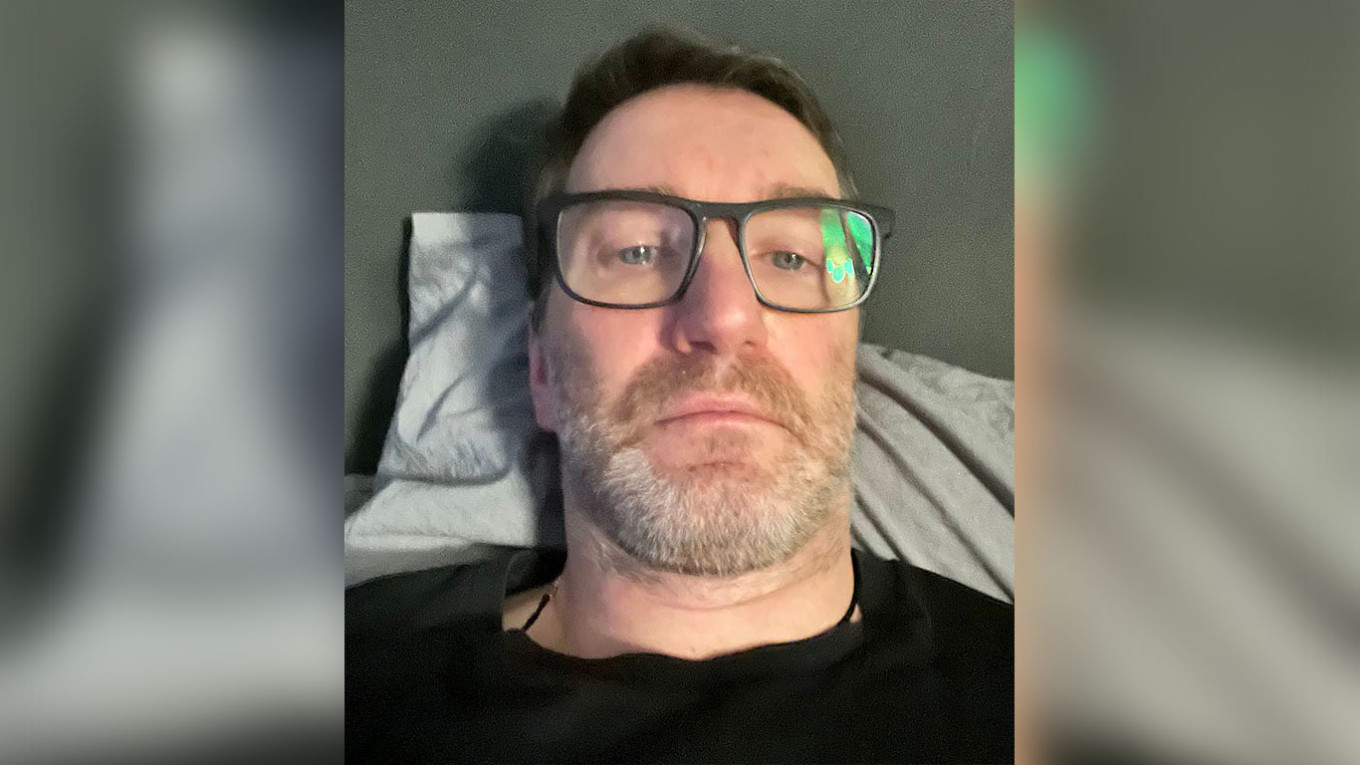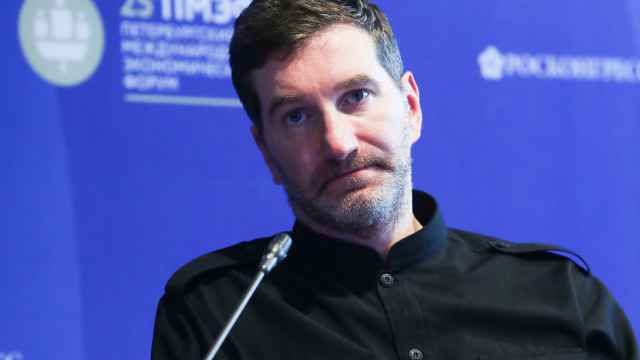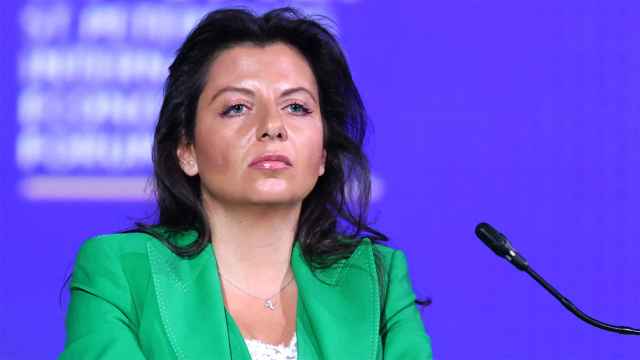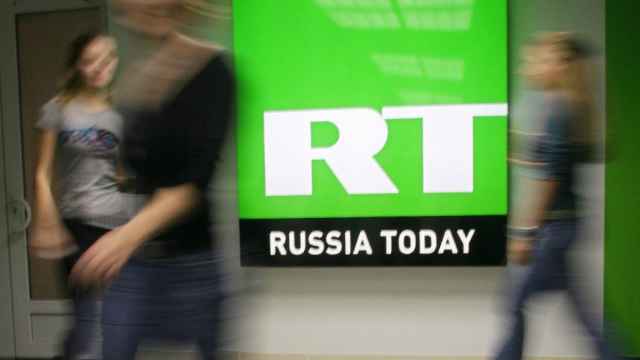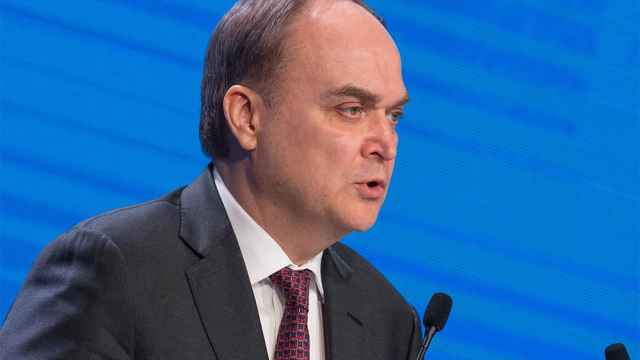Anton Krasovsky, a former host for Russia’s state-funded RT network, has said he was hospitalized last week, while Ukrainian media cited anonymous intelligence sources in Kyiv as saying that he was poisoned.
Krasovsky was suspended from RT last year after he made calls on the air to “drown or burn” Ukrainian children who viewed Soviet Russia as an occupier.
“At the start of the week, I suddenly felt my stomach twist, accompanied by nausea, and then I lost consciousness. They brought me to the clinic,” Krasovsky said on the Telegram messaging app on Sunday.
He added that he was “slowly recovering.”
The Kyiv Post media outlet reported Monday, citing unidentified Ukrainian intelligence sources, that Krasovsky had been poisoned.
The Kyiv Post’s sources said Krasovsky’s “condition continues to deteriorate” and that his Telegram post was “not written by the propagandist himself.”
The outlet didn’t provide more details.
It was not possible to independently verify The Kyiv Post’s report.
The Mash Telegram channel said Monday that Krasovsky had been hospitalized after fainting.
“The former director of the Russian-language broadcasting [department] at RT has regained consciousness. He is currently in the hospital ward,” Mash wrote, without identifying its sources.
Krasovsky has not commented on the poisoning report.
Krasovsky, a pro-war presenter under EU sanctions, had said last year that Ukrainian children should be “thrown straight into a river with a strong current” or “burned in a hut” for calling Russians occupiers.
His remarks on his RT show sparked widespread outrage, with Ukraine’s Foreign Minister Dmytro Kuleba accusing the Kremlin-backed channel of “aggressive genocide incitement” and calling for a global ban on RT.
A Message from The Moscow Times:
Dear readers,
We are facing unprecedented challenges. Russia's Prosecutor General's Office has designated The Moscow Times as an "undesirable" organization, criminalizing our work and putting our staff at risk of prosecution. This follows our earlier unjust labeling as a "foreign agent."
These actions are direct attempts to silence independent journalism in Russia. The authorities claim our work "discredits the decisions of the Russian leadership." We see things differently: we strive to provide accurate, unbiased reporting on Russia.
We, the journalists of The Moscow Times, refuse to be silenced. But to continue our work, we need your help.
Your support, no matter how small, makes a world of difference. If you can, please support us monthly starting from just $2. It's quick to set up, and every contribution makes a significant impact.
By supporting The Moscow Times, you're defending open, independent journalism in the face of repression. Thank you for standing with us.
Remind me later.


